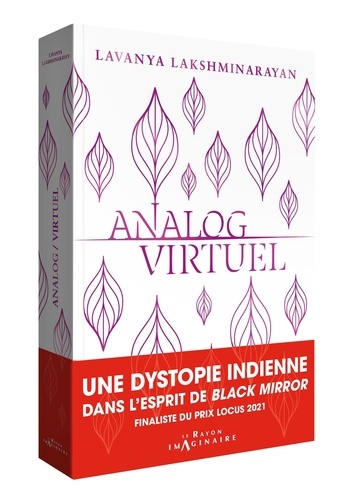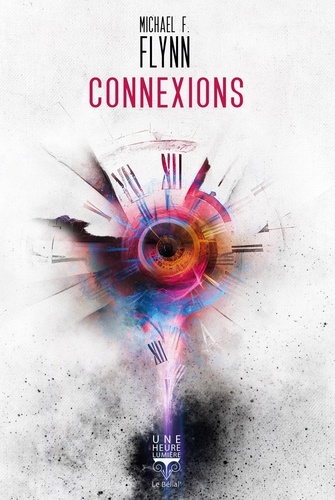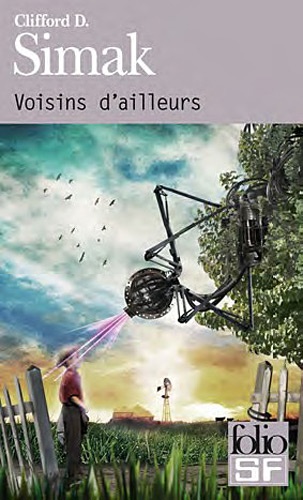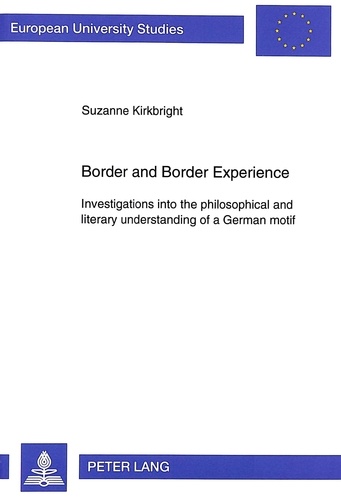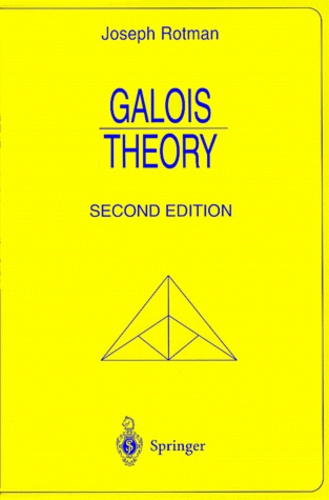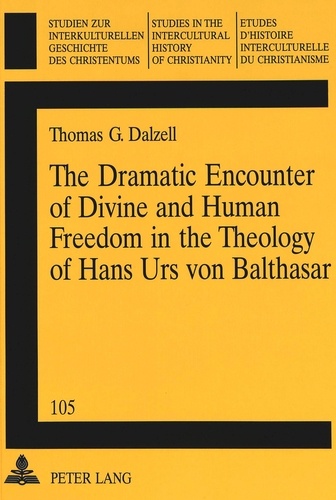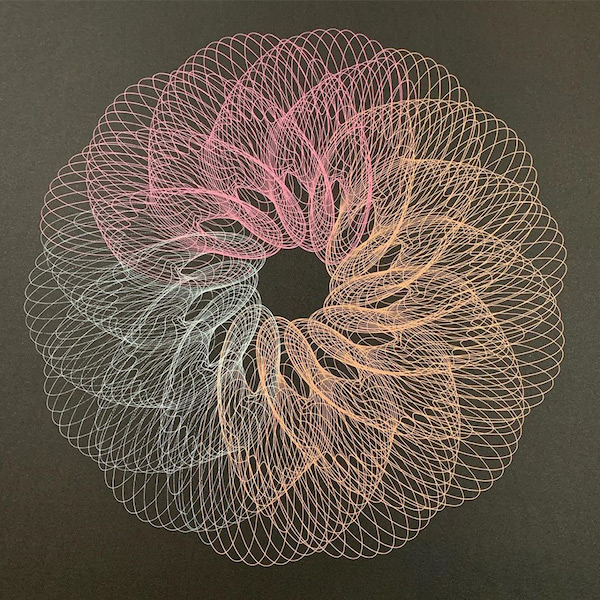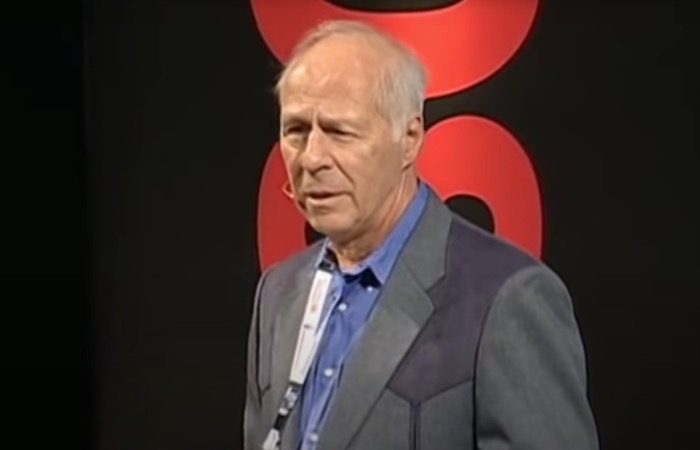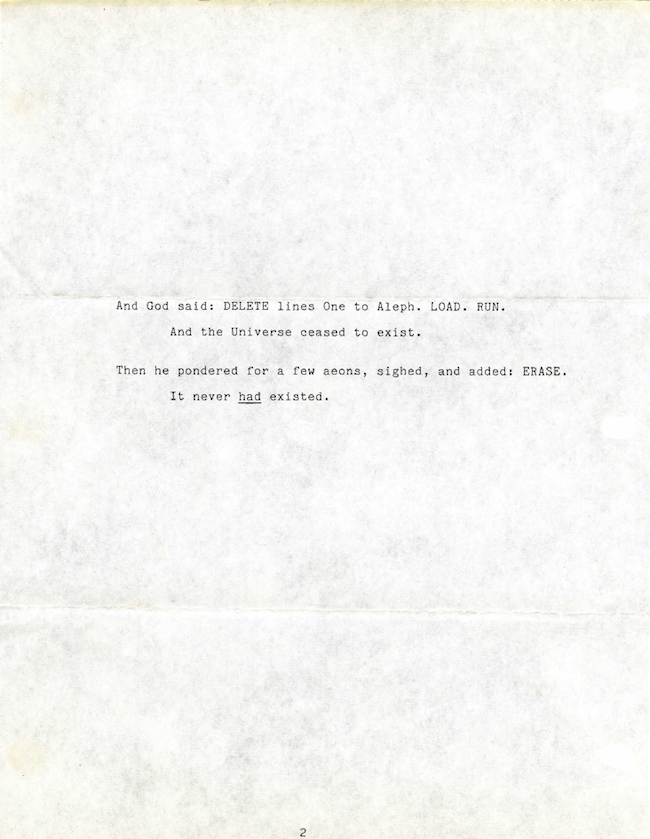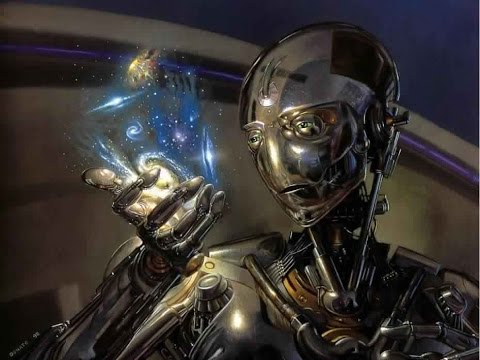Début 2011, le groupe américain Vida a créé une étude (désormais reconduite tous les ans) démontrant que les principaux magazines littéraires britanniques et américains publiaient davantage de critiques écrites par des hommes sur des hommes. Autrement dit, dans une grande majorité, ce sont les hommes qui critiquent les livres écrits par d’autres hommes. Cette étude en a inspiré une autre, appelée « SF Count », dans laquelle le rédacteur en chef Niall Harrison du site internet Strange Horizons (un magazine publiant des fictions, poèmes, essais, interviews…) a tenté de déterminer si les résultats de l’étude Vida étaient vérifiables pour les médias axés sur les critiques des livres appartenant au genre de la science-fiction.
